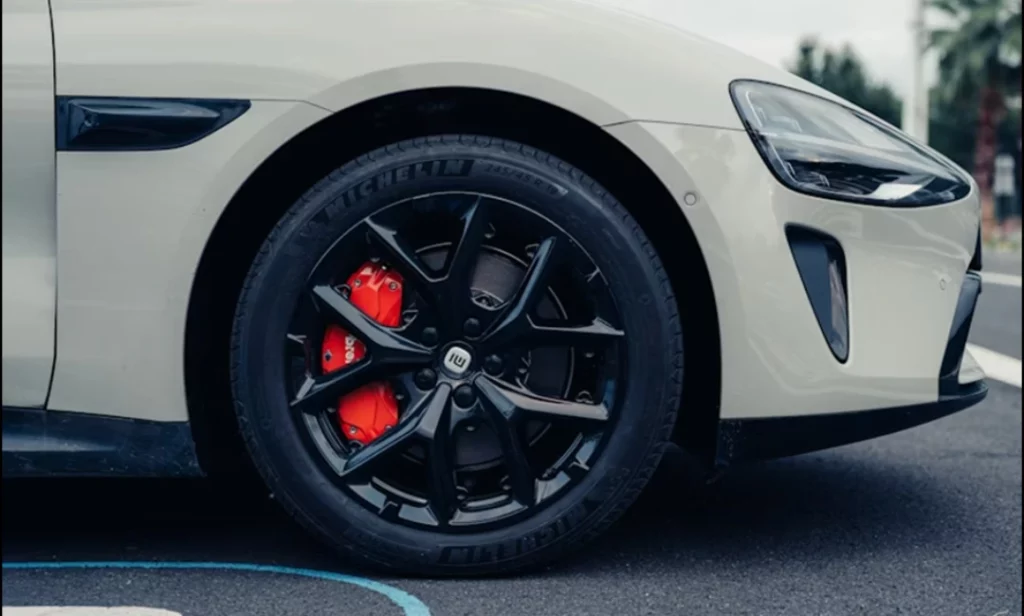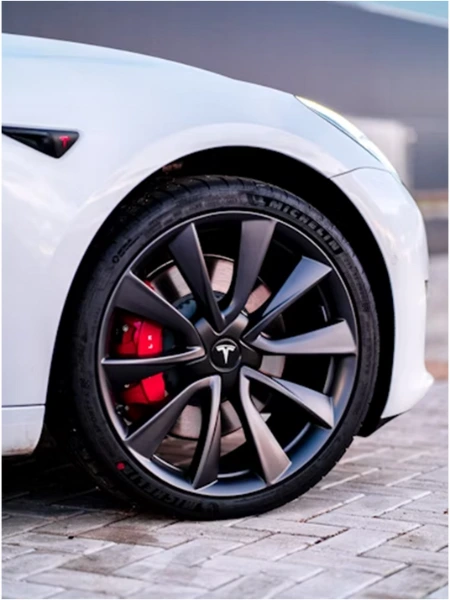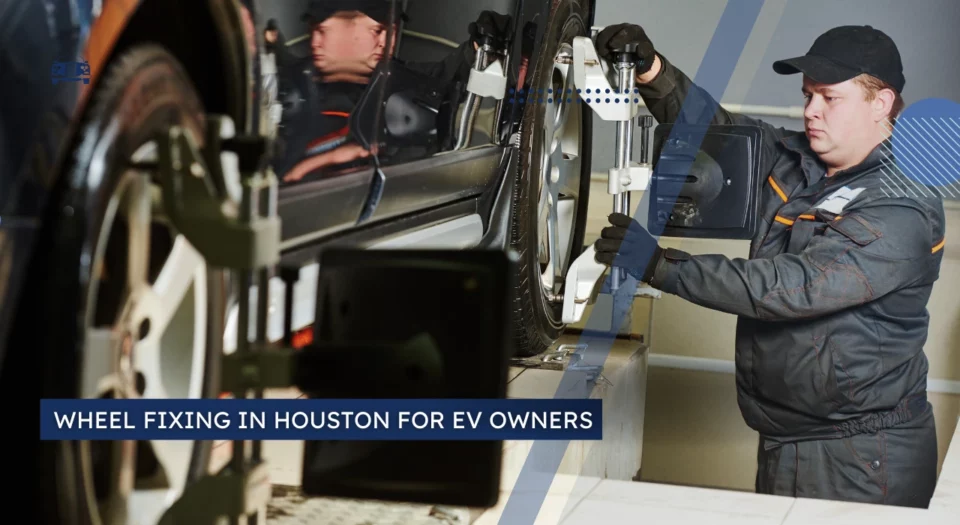Electric vehicles (EVs) are fast becoming the first choice for consumers. They are replacing the contemporary vehicles we are used to so far. EVs offer tons of advantages, among which is that they do not require frequent visits to the service shops. EVs are known to have fewer moving parts, but one integral component remains, and that is the wheel. It remains equally vulnerable to damage. Whether it is a gasoline-based vehicle or an EV, encountering a pothole would incur identical damage to the wheels.
That leads us to the million-dollar question: whether EV wheel repair is any different from that of conventional cars. So, let us identify the differences and similarities between EVs and conventional cars’ wheel repair procedures.
Factors that make electric cars unique
It is essential to determine wheel fixing in EVs as they are built differently.
- Heavier curb weight: EVs are known to carry large lithium-ion batteries. As a result, it makes these vehicles a lot heavier than the gas-operated vehicles. The extra weight increases stress on wheels and rims, and hitting a bump or a pothole has a more drastic impact.
- Instant torque: EVs deliver torque immediately, which increases pressure on the wheels, especially during sudden acceleration.
- Regenerative braking: EVs do not rely on traditional braking systems; instead, they use regenerative braking, which feeds energy back into the battery. Although the method works wonders for efficiency, this braking method can impact the tire and wheel wear.
Increased risk of rim bending and cracking in EVs
As EVs put more pressure on the tires and rims, when they encounter potholes, speed bumps, or rough terrains, the rims and tires get affected. Chances of a bent and cracked rim are thus more common in EVs. Repair technicians have to deal with deeper bends and sharper cracks in EVs compared to conventional vehicles.
During wheel repair, experts would require using more refined straightening equipment and, if necessary, perform additional structural checks to ensure the rim’s integrity is in the best of condition.

Brake dust is comparatively less
As mentioned earlier, EVs use regenerative braking systems, and the accumulation of brake dust is considerably less. It has an advantage as it reduces the grime, and it is easier to spot cracks, corrosion, and dents.
Some EVs do not offer a spare wheel
For the unversed, most of the modern EVs do not offer a spare tire. Therefore, even the slightest wheel damage requires immediate attention. Previously, a chipped or cracked wheel in an alloy wheel of a conventional car could have been ignored, but with EVs, it can become a huge issue.
Some repair techniques are the same for EVs
- Wheel refurbishment methods: The procedure of wheel refurbishment is the same for both EVs and standard vehicles. Issues like curb rash, scrapes, and cosmetic damage are handled via identical repair methods. Thus, processes like sanding, filling, and repainting also remain the same.
- Rim straightening: For a bent rim, the repair work is the same. Professionals would use hydraulic presses or heat-assisted tools to restore the roundness of the wheels. However, EVs require a bit more precision.
- Welding cracks: If EV wheels develop cracks, then, like the gasoline-based cars, they require identical repair work, i.e., welding followed by X-ray or pressure testing.
Significance of regular wheel checks
Wheel checking is one of the mandatory tasks that you should do regardless of the type of car you own. Roads are not in the best of conditions in Houston right now. Long road trips can take a heavy toll on the wheels. Whether it’s EVs or traditional cars, timely checking can ensure that the repair work is done safely and that the driver is safe.
EV owners need to be more careful of wheel damage
- Although wheel damage is risky, EV owners need to be extra careful, the reasons being:
- Compromised or damaged wheels can affect the battery range, meaning the battery can become misaligned.
- Handling becomes a challenge, which in EVs is often sharper.
- EVs being quieter vehicles, any form of vibrations generated from the wheel would be more noticeable and make the driving experience less comfortable.

Choose the right repair shop
Although wheel fixing for EVs isn’t very complicated, you ought to admit that it is different from the usual ones. The margin for error is less, and it requires more precision than ever. The tools and techniques can also matter significantly. Thus, it is essential to determine an experienced service partner to get the job done when in need.
It is unwise to visit just about any other wheel repair shop in your neighborhood; you must identify technicians who understand EV specs to the best of their knowledge. With the increasing demands of EVs, you should find experienced technicians of these cars in Houston without much difficulties.

